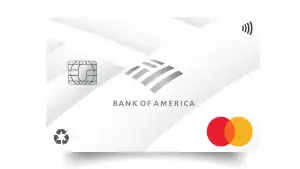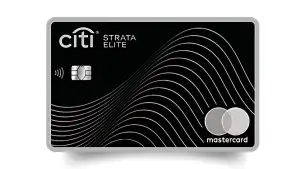
Chase Amazon Visa: earn rewards every day with no annual fee
Discover the Chase Amazon Visa, a credit card packed with re...
Welcome to the Credit Card Experts website. Join us and learn everything about credit cards. Discover which card is ideal for you and how to use it properly.







Discover the Chase Amazon Visa, a credit card packed with re...


Enjoy the Susan G. Komen Customized Cash Rewards credit card...


Starting your financial journey? The BankAmericard for Stude...


Travel in style while earning valuable points on flights, ho...

All our recommendations and analyses are objective, with no kind of preference given to a specific bank or product.
We protect your data following the most rigorous legislations and standards.
Our technology allows us to give you our services for free, without selling having to sell our opinions to banks.
In 2024, 30 million people have used our financial products recommendation technology.







Disclaimer: Got All Cards strives to keep its information accurate and up to date. This information may be different than what you see when you visit a financial institution, service provider or specific product’s site. Got All Cards might earn money from products we recommend and you decide to acquire, but our recommendations will be as unbiased as possible, not taking into account if we'll rewarded for the recommendation. Got All Cards will always prioritize recommending the product we believe is the best option for you considering the options available.